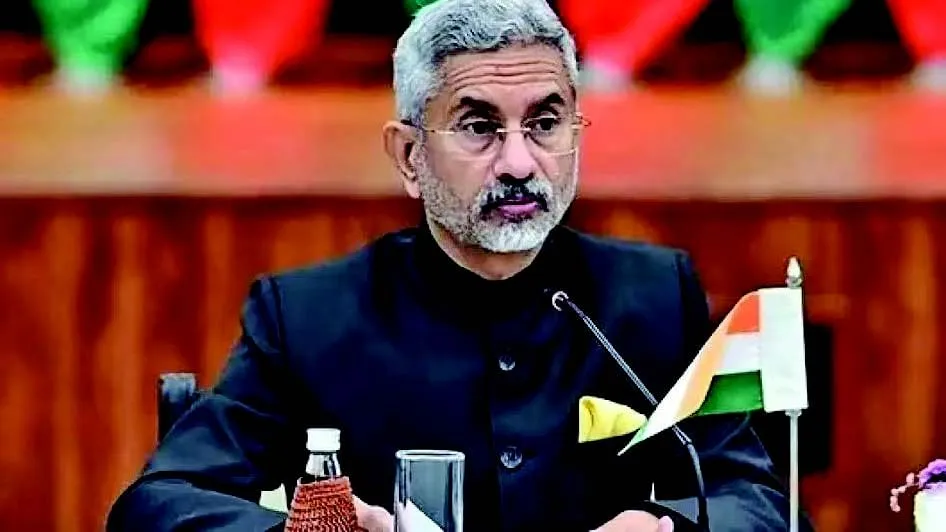New Delhi: Torpekai Amarkhel, a female Afghan journalist and former presenter at National Radio Television Afghanistan and former U.N. employee, was among the victims in last week’s boat accident off the southern coast of Italy, where around 80 Afghan refugees died.
Ponder over why Amarkhel and her family had to flee her well-paid job and homeland and continue to search for her settlement in other countries with refugee status or a migrant after the Taliban took over the power in Afghanistan.
Amarkhel was a famous face on Afghanistan television and radio. She escapes to Turkey, fearing for her life along with her family. She took a dangerous illegal journey on a boat to reach Italy for better hopes for her family’s future.
Amarkhel also worked for the Public Relations Department of the United Nations Assistance Mission (UNAMA). Amarkhel fled from Afghanistan through Turkey when the Taliban forces took over power in 2021.
On a wooden boat, she was on board with her family and other Afghan refugees to join her brother, who lives in Italy. Sadly, Amarkhel and her four family members, including her husband and children, died in the boat tragedy.
She was one among eighty Afghan refugees who died on February 25 in the wooden sailboat accident in the rough seas of southern Italy that was taking hundreds of refugees to the green pastures of Europe to live everyday life.
Thousands of migrants, mostly Afghans, have reached Italy by boat over the past decade, fleeing conflict and poverty in Afghanistan. The U.N. refugee agency has said almost half of the arrivals by sea between Turkey and Italy last year were Afghans, mostly women and children.
Amarkhel is not alone; hundreds of working journalists’ women and thousands of working women flee Afghanistan for the security and betterment of their families, at the cost of leaving their country and identity. They lived up there amid a fearful life amid a ban on their education and no work in public places, especially NGOs.
On the eve of Women’s Day, dozens of women assembled outside Kabul University to rally against the ruling Taliban’s ban on female education as their male colleagues returned to college and university for a new academic year.
A video shared widely on social media shows a group of girls sitting on the ground outside Kabul University reading their books.
The ruling Taliban banned women from attending university last December, nine months after the rulers barred girls from returning to secondary schools since it seized power in 2021.
One young Afghan journalist in New Delhi struggling for a job said, “they (Taliban) have robbed our future of nearly all women in Afghanistan. People live in fear and under suppression. One cannot speak against the rulers.”
The United Nations Special Rapporteur on human rights in Afghanistan, Richard Bennett, presented a report to the Human Rights Council in Geneva that said the Taliban’s ban on female education “may amount to gender persecution, a crime against humanity.”
The report listed various other compounding crises, such as the rise in forced and child marriages, sexual abuse and assault, the ban on women from public spaces like parks and gyms, and other restrictions limiting women’s ability to work and travel independently.
In addition, a deepening Humanitarian crisis continues where poverty has reached most families, and international aid has decreased. The International and local NGOs and aid groups suffered after the Taliban announced a ban on female NGO workers – prompting multiple major foreign aid groups to suspend their operations there.
Last month, in solidarity with Afghan women, ten female foreign ministers who joined the 59th Munich Security Conference in a statement condemned the imposition of restrictions on women and girls in Afghanistan.
The foreign ministers of Slovenia, Germany, Canada, Iceland, Liechtenstein, Belgium, Andorra, Albania, Mongolia and Libya issued the statement. “We strongly condemn the Taliban’s push to exclude women from all public life: women are kept from strolling in parks, are not seen on T.V. screens anymore, are deprived of their right to attend schools and universities and are now also kept from working in humanitarian assistance,” the statement reads.
Equally, the United Nations Office for the Coordination of Humanitarian Affairs or OCHA agency showed concerns as many women have been sent home following a decree of the interim Ministry of Economy banning female workers at NGOs.
It is time for all of us to show solidarity with the women of Afghanistan, who continue to suffer with no education and jobs, not knowing what their future will lead to.







